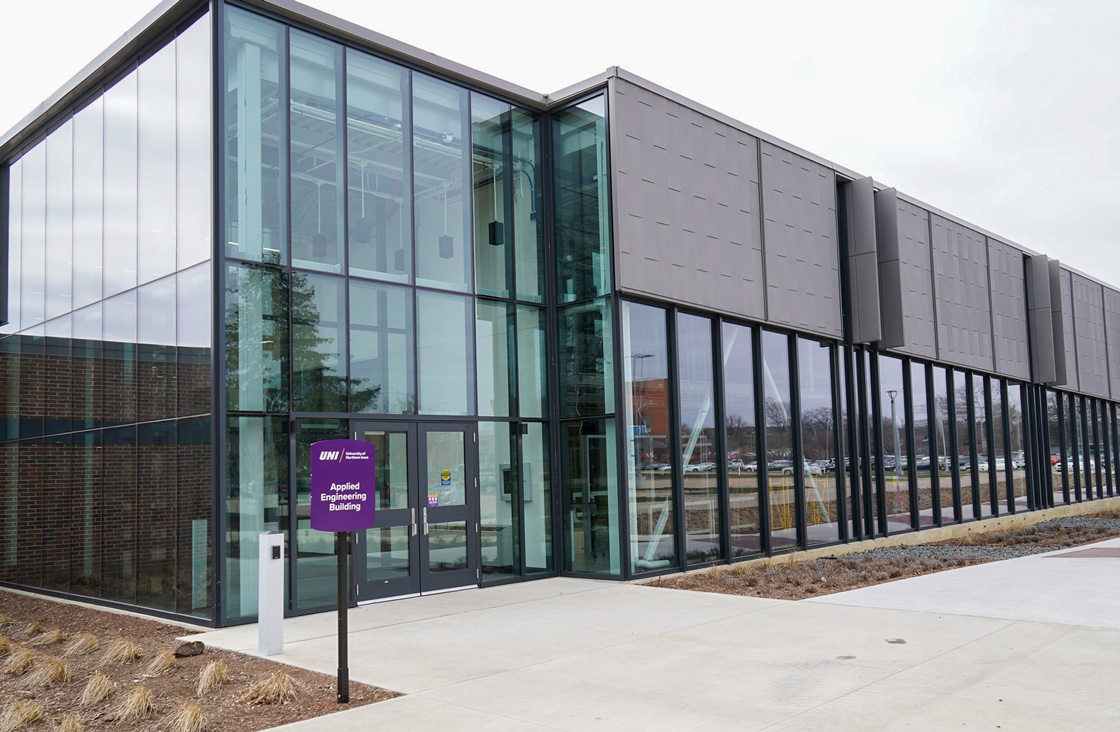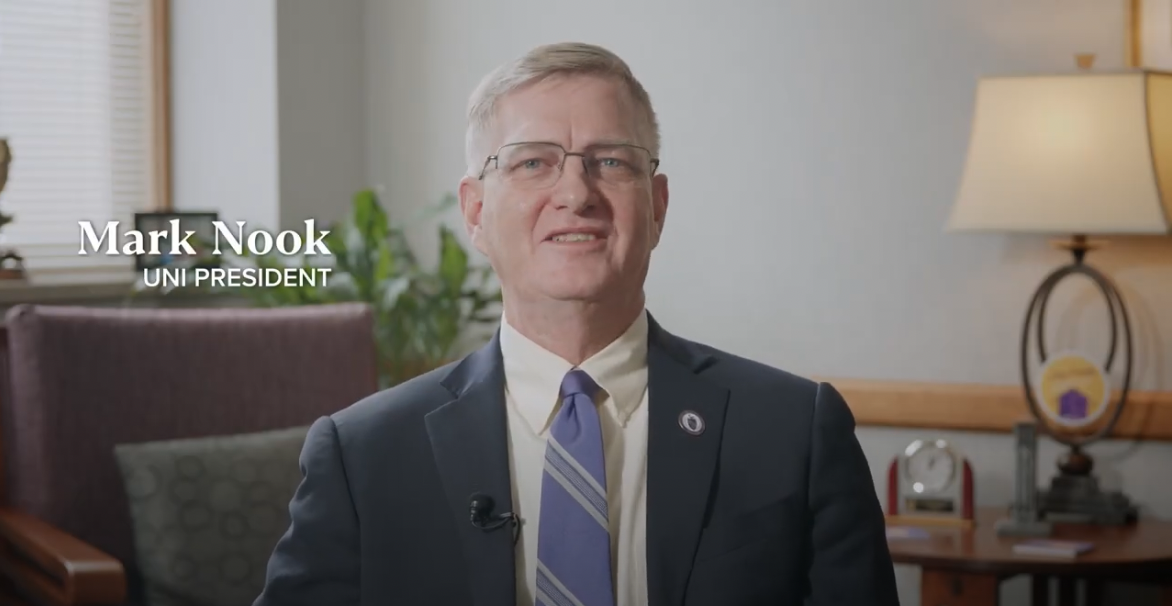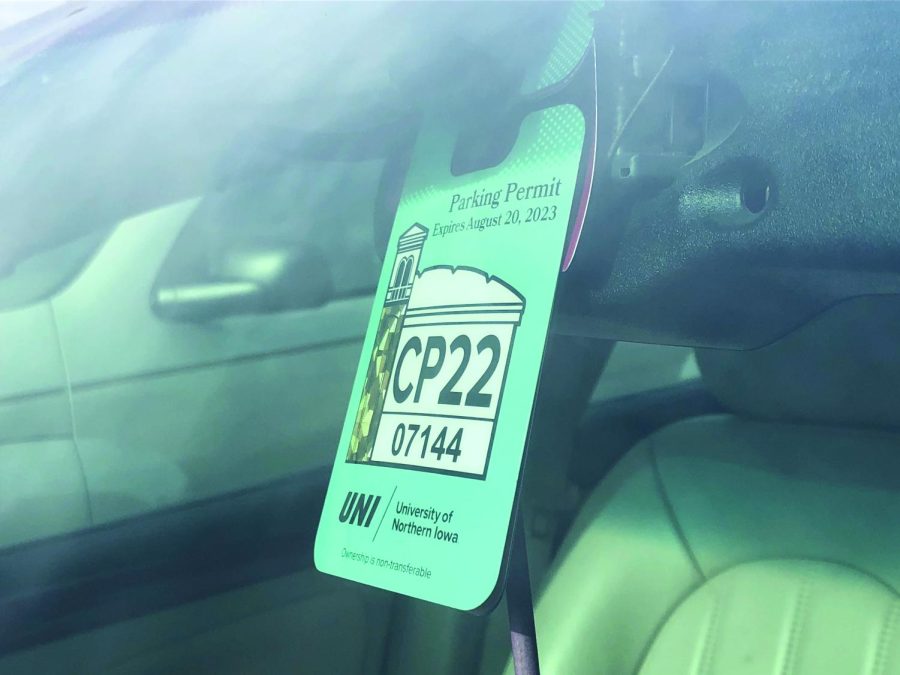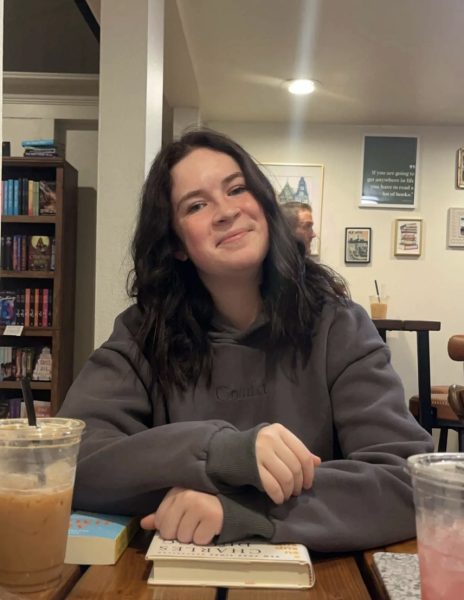In a move to become a destination for civic education and political literacy, the University of Northern Iowa was recently given the green light from the Iowa Board of Regents for a new Center for Civic Education. The center’s goal will be to help students, faculty and the community develop civic-minded skills and put them into practice.
With the center set to open in spring of the 2024-25 school year, it will be located in the Commons. There are plans to expand on not only the minor and certificate that the university currently offers in civic education for students, but also to develop civic literacy for other majors throughout the university such as nursing, business and applied engineering. According to Political Science Department Head Scott Peters, “The Center will be responsible for making sure its [curriculum models] are up to date … testing different things to see what’s most effective … and helping faculty … get the best training they can.”
Throughout the school year, the center will host several civic education-oriented activities and events to enrich students’ experiences, regardless of their majors. A number of these events will also be in partnership with Panthers Vote, an organization on campus working to increase student participation in elections.
“This is a very big year in civic initiatives … and every vote is important”, stated Jennifer McNabb, history department head. “We thought this is a great opportunity to shine a spotlight on co-curricular activities that are related to civic-mindedness, as that appears in voting.” A full-time director will also be hired over the summer which will help with the long-term vision for the center.
Currently, students have several opportunities to engage in civic action on campus. However, the new center will offer even more chances for students from all majors to get involved. The existing minor in civic literacy includes a community outreach component, providing one way for students to engage in civic education in their community. Additionally, the history and social science departments host the Iowa High School Model UN Conference annually, offering current students the opportunity to participate. Students can also join Panthers Vote, a student-led initiative providing information about elections. Once the center’s director is hired, they will be able to create additional activities and connect current students to existing opportunities on campus that they might not be aware of.
Students and faculty will also have the opportunity to collaborate with each other on projects in the center. “We’re looking for ways that help our students learn and also help them work with professionals in their area of expertise …” McNabb said. “There’s going to be a lot of opportunities for students to learn and engage with faculty.”
One possibility is pre-service teachers working with in-service teachers to work on materials that will be done through the supervision of a faculty member. Another opportunity would allow education students to help organize curriculum packets that cover civic education and civic literacy. “They could be the ones preparing that curriculum so they’re learning how to make curriculum, even at the same time that we’re being a resource for current students all across the state,” stated Peters. Public history students may also have the opportunity to help create displays for town halls, public libraries or educational institutions that would be traveling exhibits and will be supervised by UNI faculty.
The center will reach beyond campus and serve as a hub of civic education for K-12 educators across the state of Iowa. The center is looking at the possibility of hosting an annual event for teachers, so they can come to campus and hear speakers, do workshopping activities and learn more about the best practices in the field in terms of civic engagement. Teachers would then be able to take what they learned back with them and implement it into their daily teaching. There are also talks of developing a program for pre-service teachers at UNI to develop materials under the guidance of faculty that will be valuable for practicing teachers in their classrooms.
Overall, the Center for Civic Education at UNI will provide a great opportunity for departments from across campus to collaborate with each other in order to enhance civic education both on campus and throughout the state. The initiatives are not limited to a single department; rather, the center is based on partnerships with various fields, allowing for a more significant impact on students. Through these collaborations across the campus, the Center is establishing a strong foundation for success.















